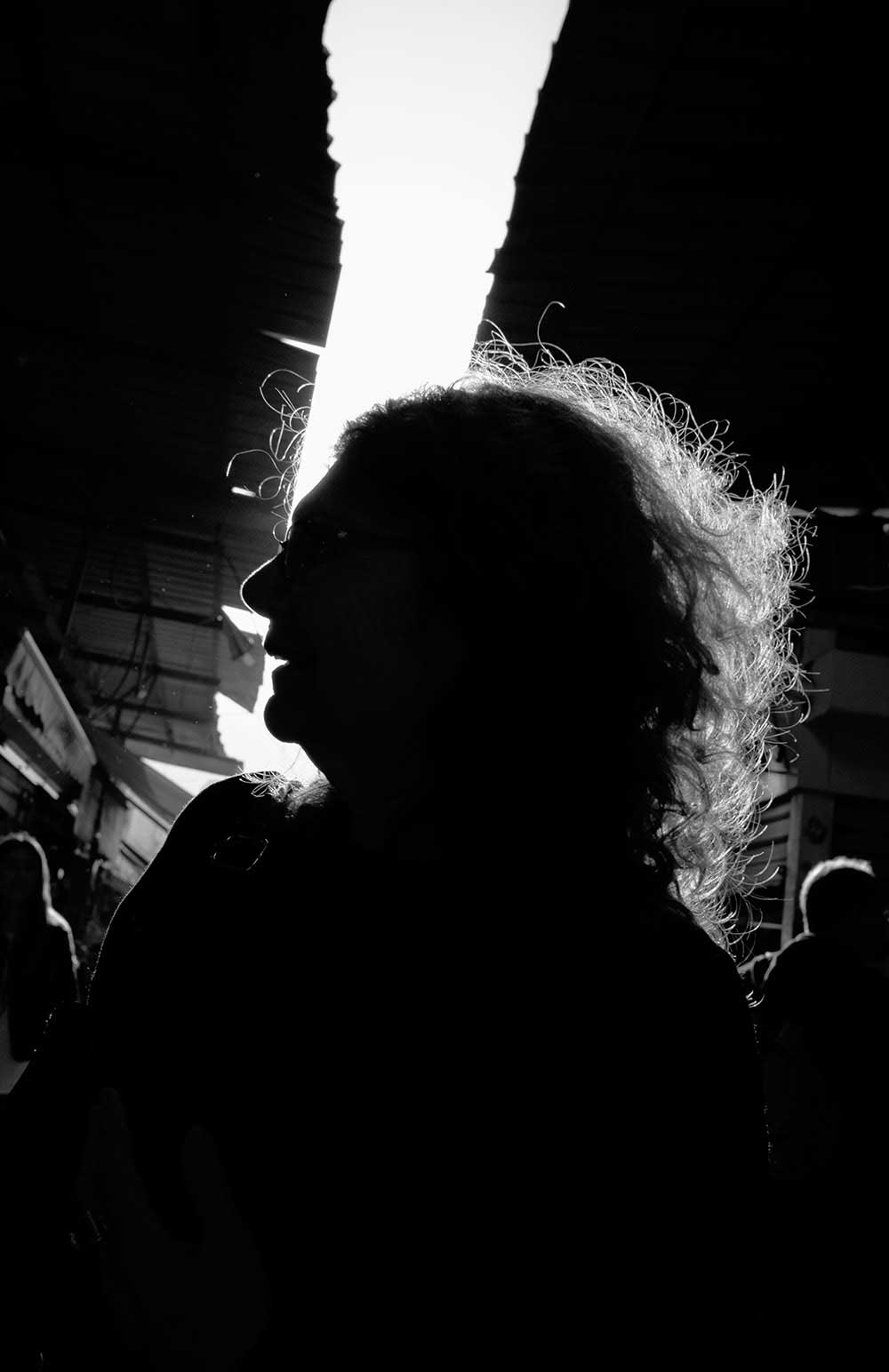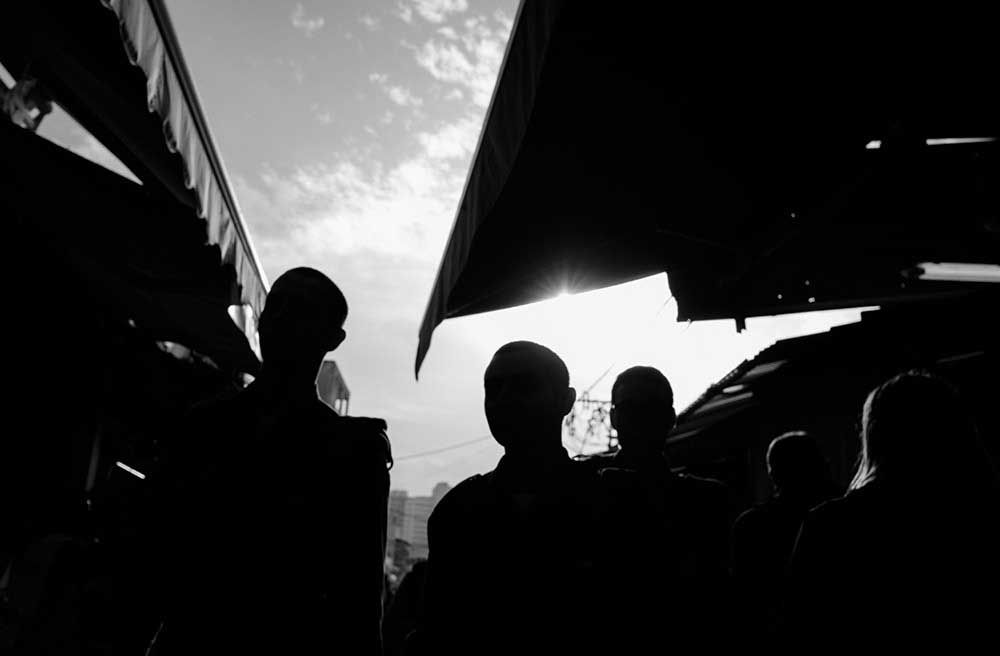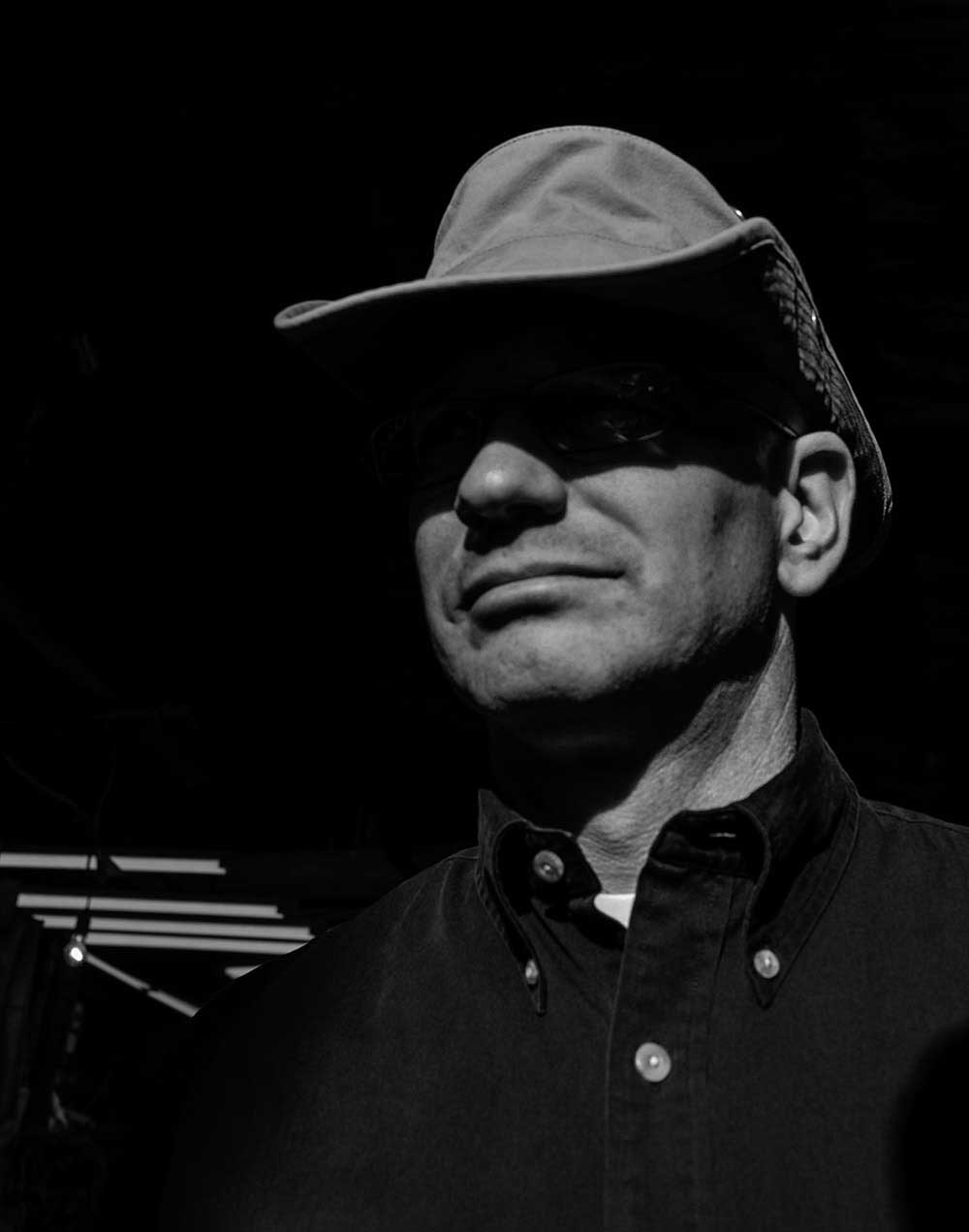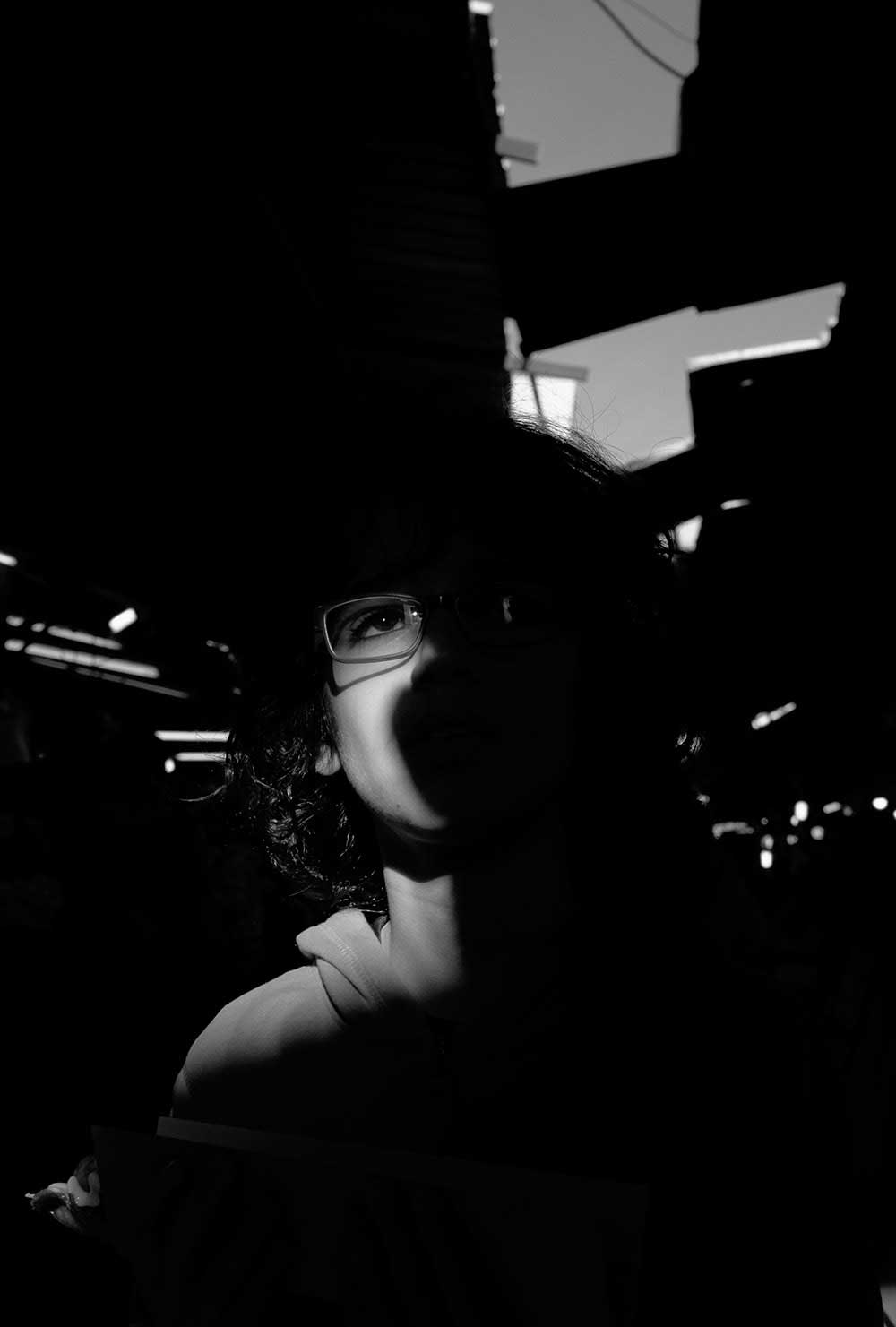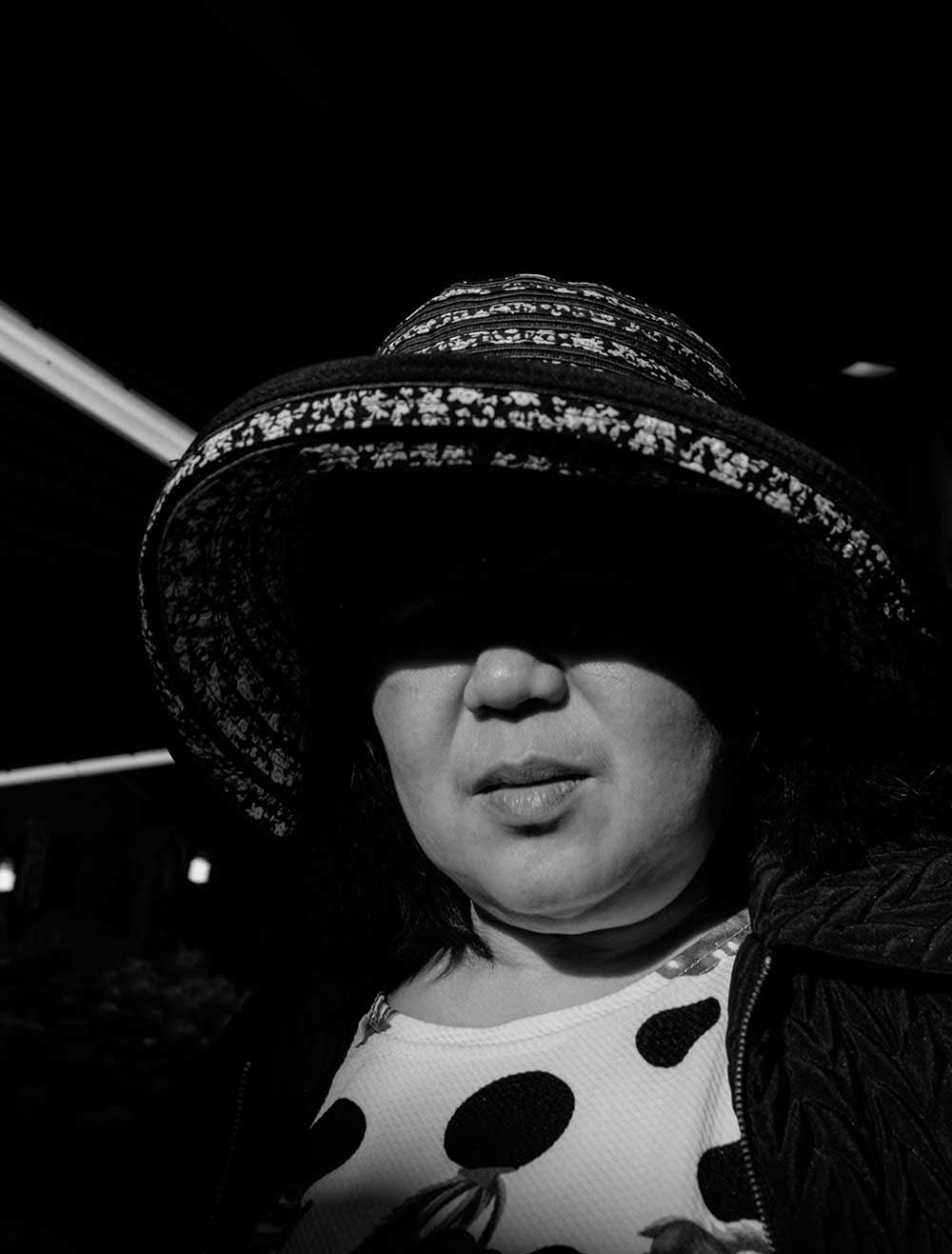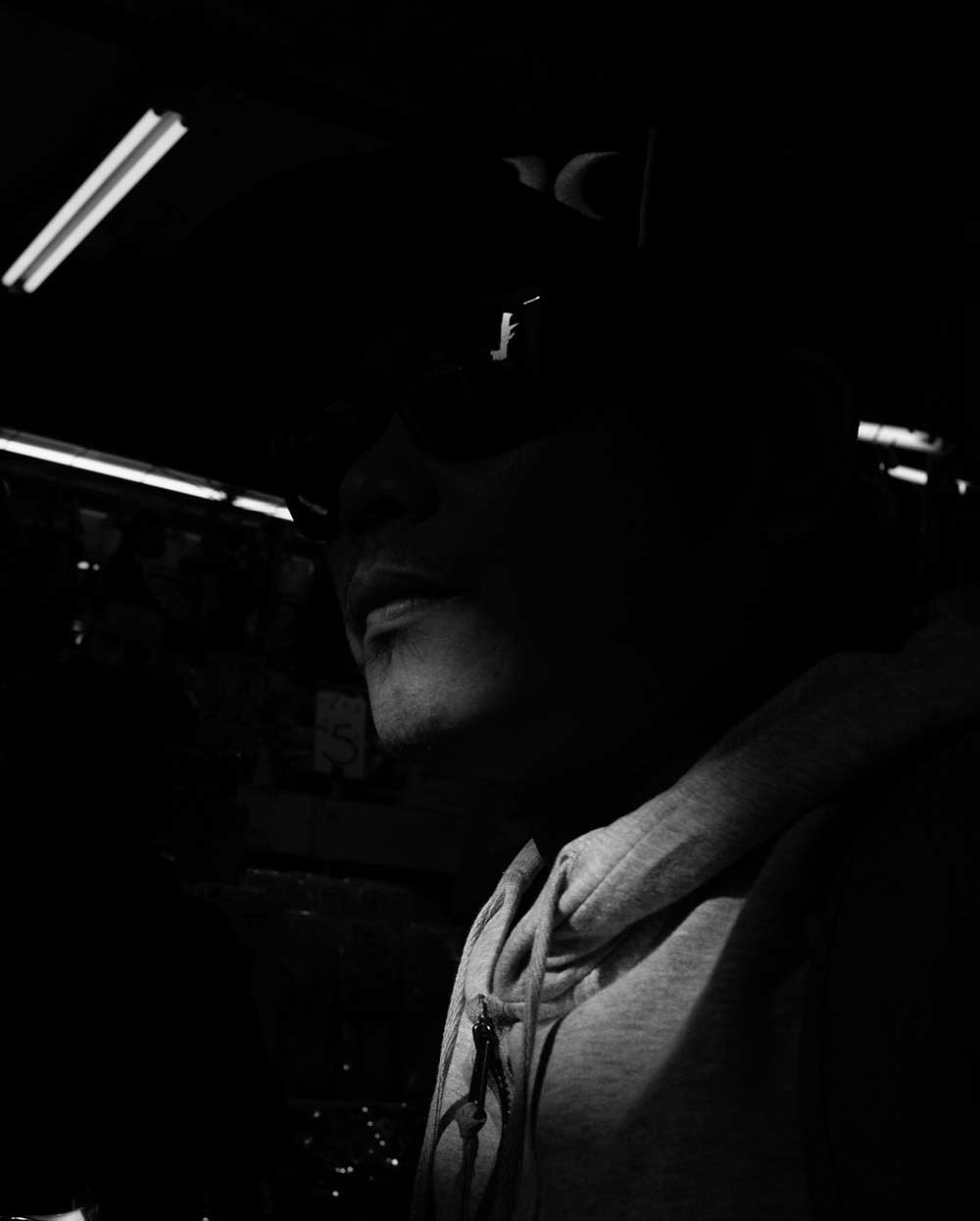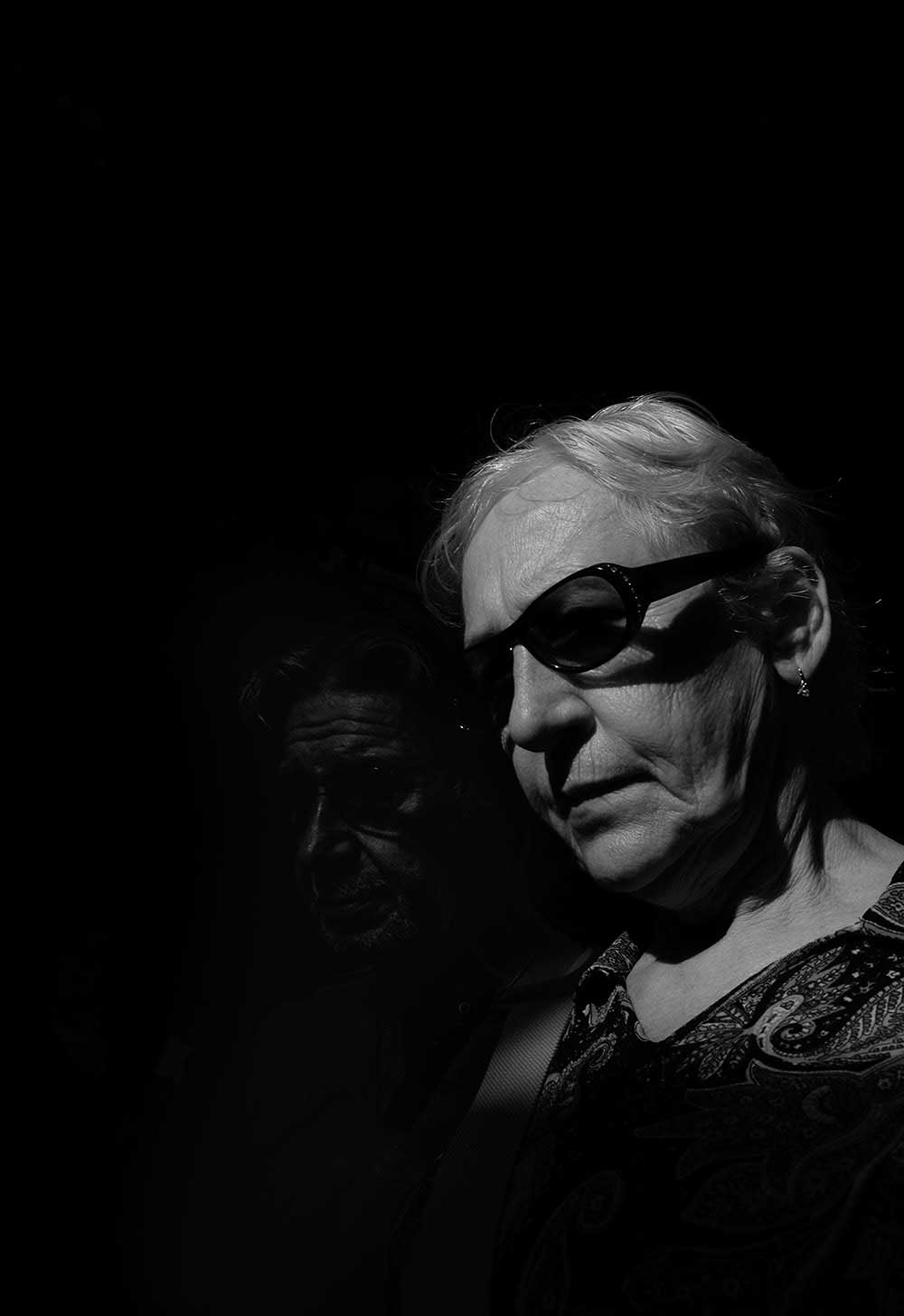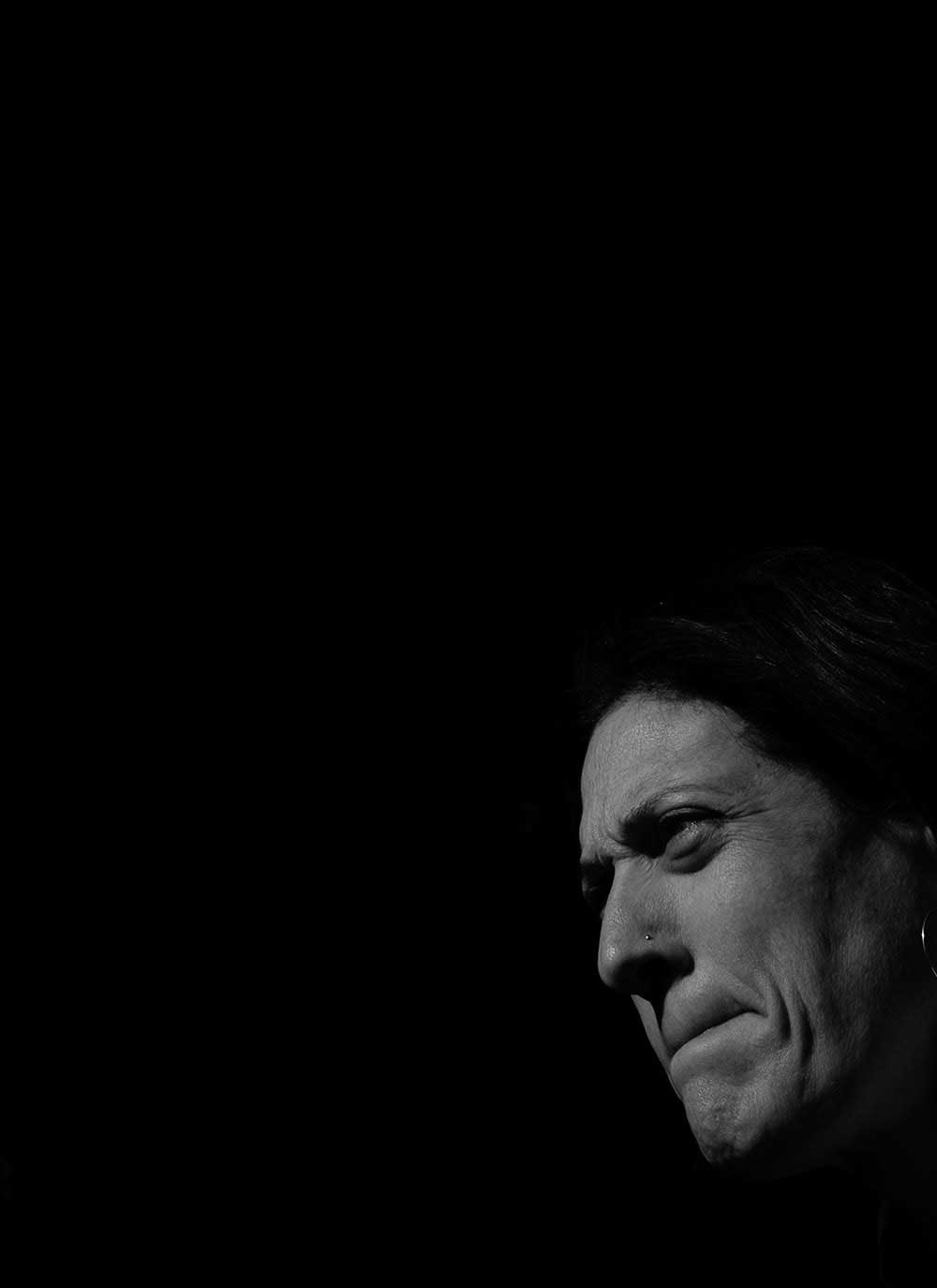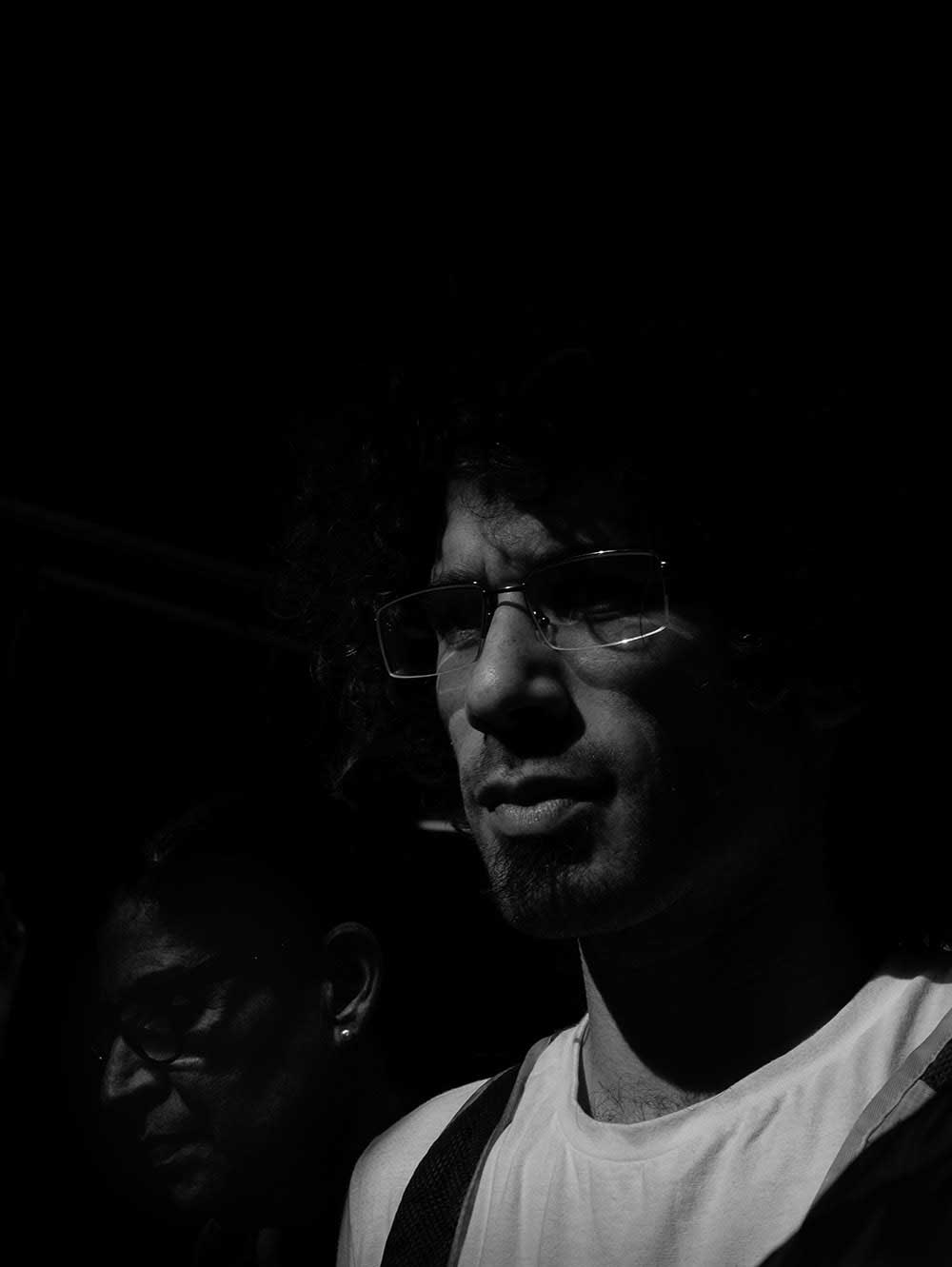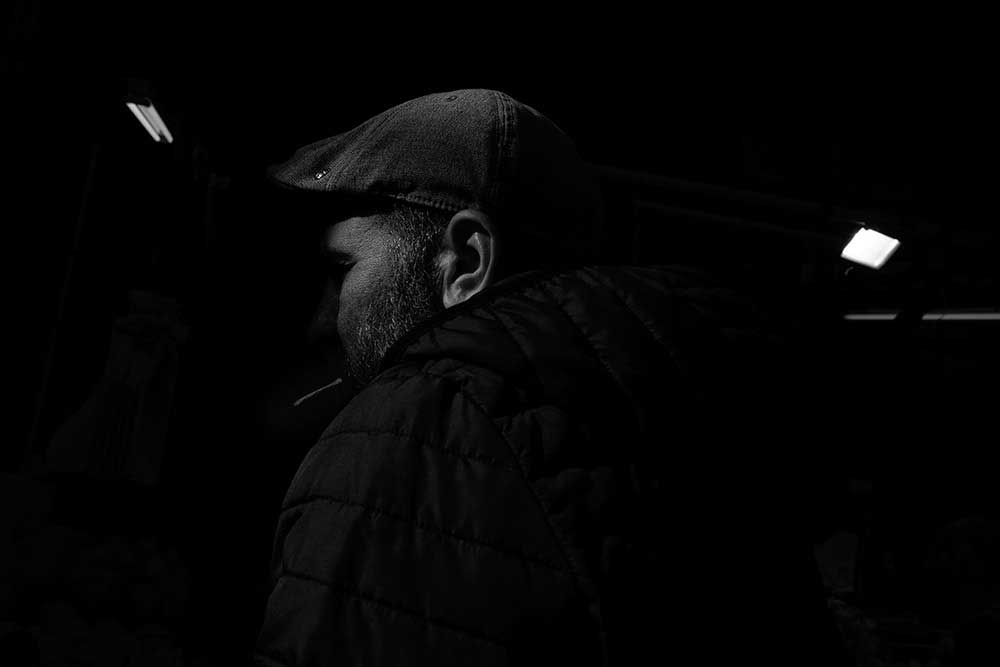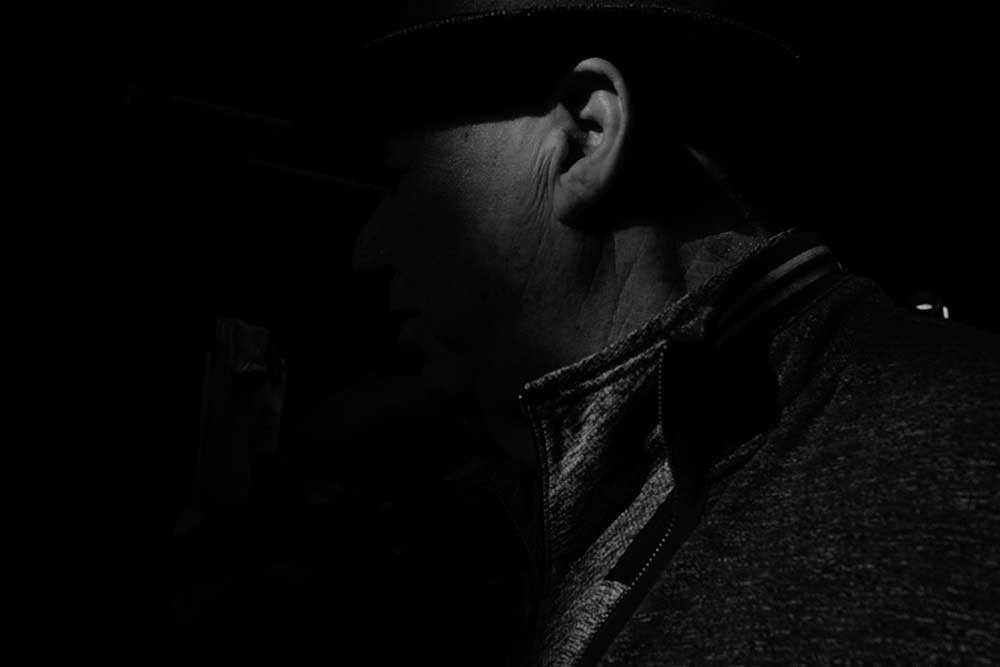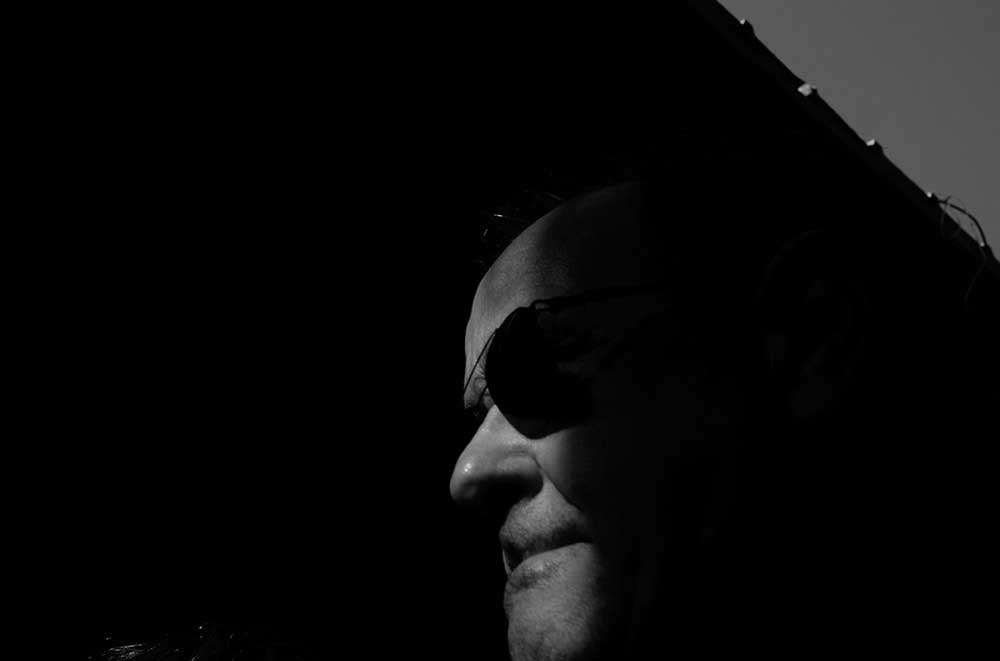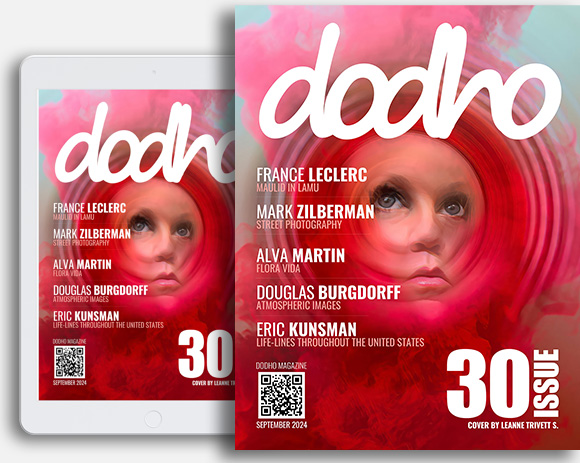What happens when we can’t see the eyes of the person we are looking at? I asked myself this after studying almost obsessively about the connection between eyes and our emotions. Does our brain try to make up for what we can not see? What stories do we tell ourselves?
It is said that the eyes are the window to our souls. Studies show, through their eyes, it is possible to know everything about a person. When people are sad or worried, their eyes tend to get smaller and when they are happy or encouraged their eyebrows are raised so that their eyes look bigger and brighter. You can even tell if a person is telling the truth or lying through their eyes. When a person lies, the sides of their eyes scrunch up and tend to wrinkle a bit. Some call this phenomenon smiling eyes.
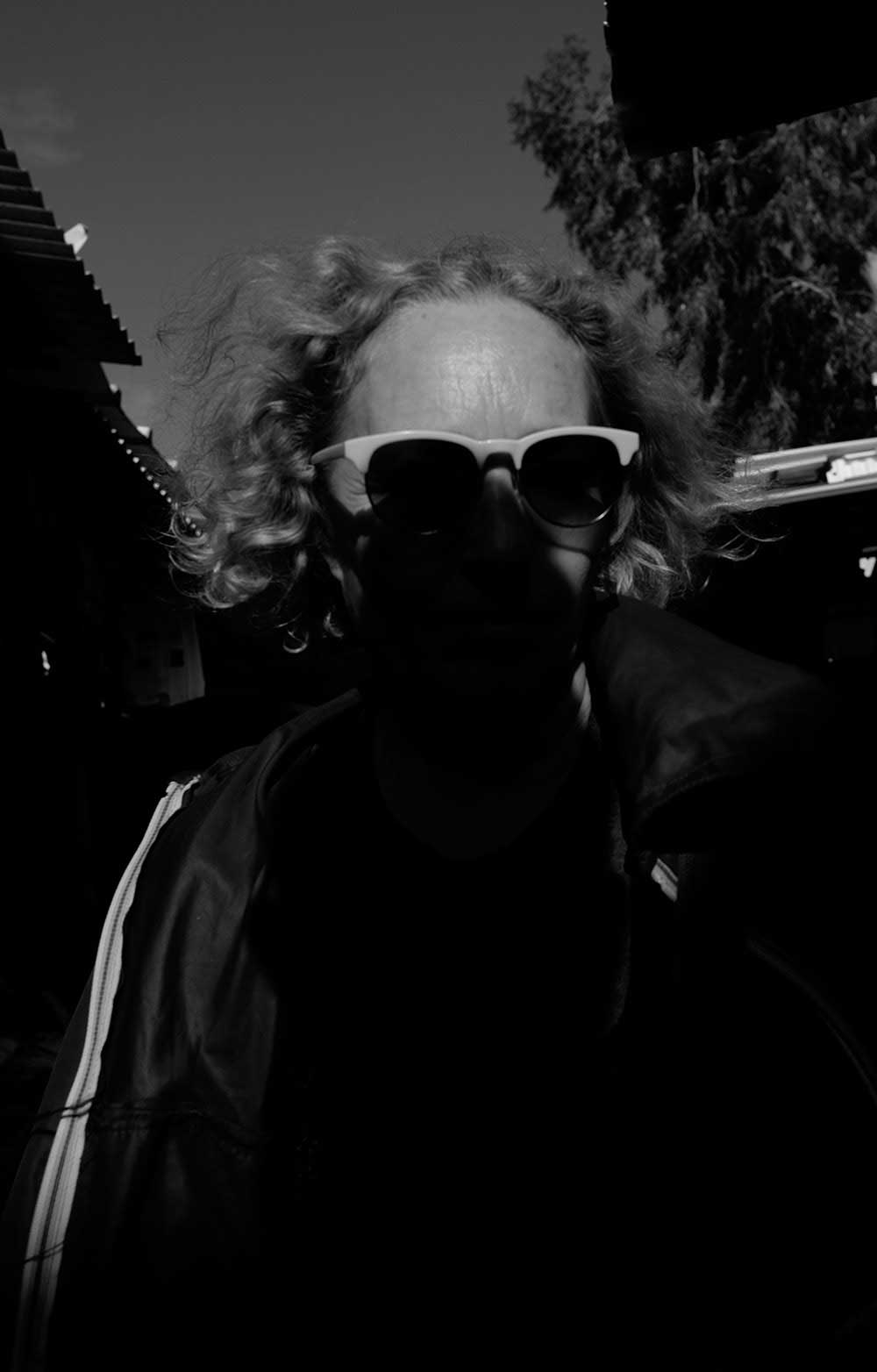
In a paper that was published in Current Directions in Psychological Science, two researchers, Sebastiaan Mathôt and Stefan Van der Stigchel, argued that the ability of the pupil of the eye, “the window to our soul”, is to expose our emotions and intentions. Our pupils tend to dilate and contract in reaction to the surrounding light, like the aperture on a camera. The researchers understood that that when we are stimulated our pupils dilate. Our body’s have a survival defense mechanism that activates when we are threatened or under stress. As a result, our pupils dilate in order to see better and farther if there is danger around us.
This happens when we are excited as well. For example, when we see someone attractive that we desire or really want to impress. Our body begin to sweat, our hearts begin to beat fast and our pupils dilate. Do you want to know if your partner desires you? Just look in their eyes. Our pupils dilate also when we scan our surrounding for new opportunities, when we are curious.So I came back to my little research project, what would happen if we couldn’t see the eyes of another person?
I set out to photograph, for a few months, more and more people while making sure of one thing, that you can’t see their eyes. I showed these photos to my friends, acquaintances, family and even to strangers. I discovered something fascinating. Out of the need to compensate for the missing information, the eyes, each person I showed these photos to made up situations and ideas about the photo and told me who the photo’s subject was, what he was feeling and more. One friend said that these are people who were hurt and who want to remain anonymous, another friend said that she has a feeling that something mystical and dark happened to them, as if their eyes were taken out and they are like zombies walking the earth… Interesting. In the end, I remained by myself with the photos and I tried to understand what had attracted me to photograph these eyeless people. What does it say about me? What don’t I want to see or show? I guess only an onlooker could tell me that, when they look into my eyes.
